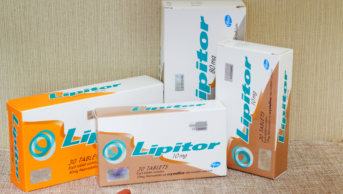
Zephyr / Science Photo Library
The US Food and Drug Administration (FDA) has given pharmaceutical company Zafgen a verbal notice that its investigational new drug application for obesity treatment beloranib has been put on complete clinical hold after the death of a patient during a phase III clinical trial.
The trial was evaluating the drug in patients with Prader-Willi syndrome (PWS), a congenital syndrome characterised by short stature, learning disability and polyphagia with marked obesity.
The notice was given six weeks after an earlier fatality on the trial, after which beloranib had been put on partial clinical hold by the FDA. The death of this second patient enrolled on the Phase III ZAF-311 bestPWS clinical trial, following a bilateral pulmonary emboli, puts the future of the programme in doubt, according to analysts.
“We are working diligently to assemble and analyse the data from our ZAF-311 clinical trial to be able to provide a clear view of the safety and efficacy of beloranib in the PWS population,” says Thomas Hughes, chief executive of Zafgen.
“Together with PWS and thrombosis experts, we are developing a comprehensive approach to better understand the incidence and mechanisms underlying thromboembolic disease in the setting of PWS,” he adds.
Patients with PWS have a variety of health issues that can shorten life expectancy. According to Hughes, the average life expectancy is estimated to be 30–32 years.


